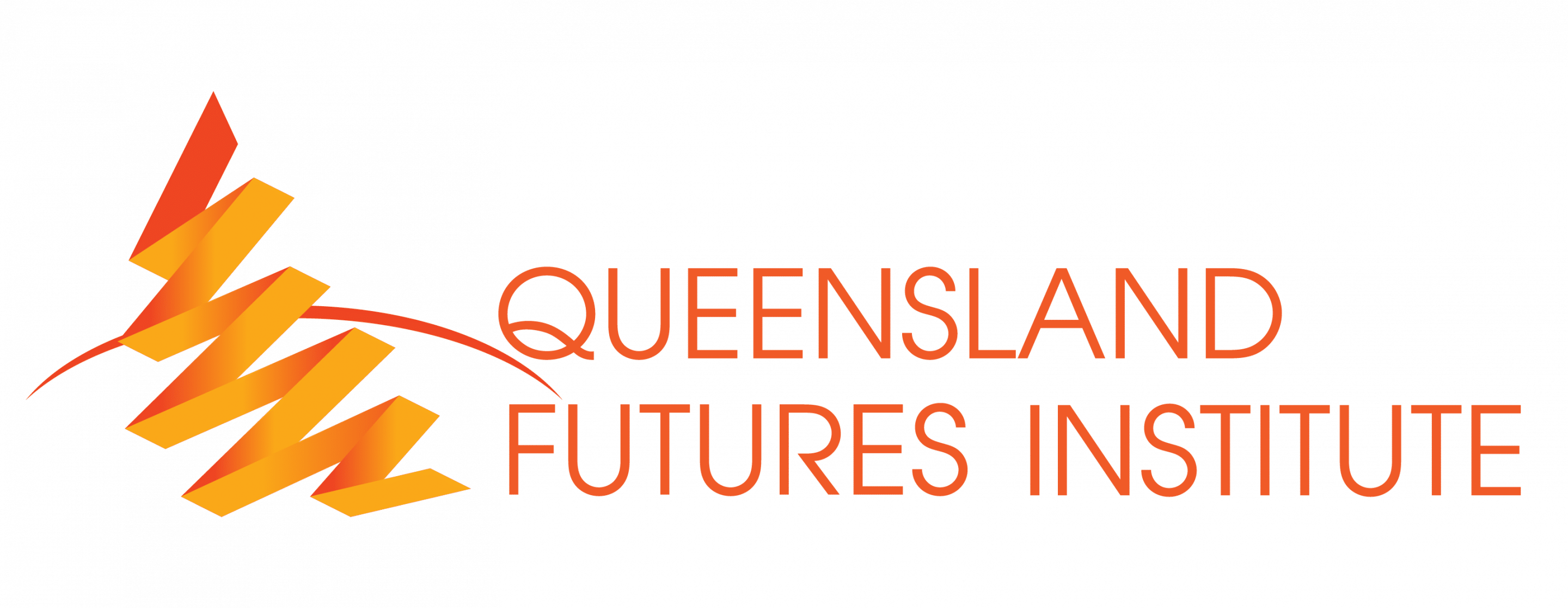PROFESSOR MARGARET SHEIL: AO VICE-CHANCELLOR AND PRESIDENT, QUEENSLAND UNIVERSITY OF TECHNOLOGY
Dec 8, 2022 | Annual Leaders Survey 2022
As we emerge from a period of unprecedented social, health and financial disruption, and head into further uncertain times on the international security and economic stage, Queensland must grasp the opportunities this new world offers.
While we weathered the pandemic storm better than most, Australia and Queensland still have sectors such as tourism and international education, which have suffered severe and negative impacts since 2020.
However, QUT and the higher education sector now has an enormous opportunity to develop the solutions needed for the challenges, the serious questions, which we now face.
Climate change, struggling health systems, supply chain and export market stress and the questions of sustainable growth are all areas being tackled by the researchers at QUT.
Health, affordability and aspiration are the foundations of this new era.
Now more than ever, we need to be brave, to take the steps to ensure we maintain and grow the enviable lifestyle advantages which have become so abundantly clear over the last couple of years.
The problems in Queensland, however, are different. When it comes to clean energy, education and health, for example, we face the huge geographical challenges of a diverse population. Equity of vital service provision regardless of where you live is essential to a just Queensland society of the future.
Replacing traditional forms of energy with clean and sustainable alternatives, without turning off the lights, is now centre stage in our national political discussion. This is a massive opportunity for Queensland which has carried a disproportionate share of energy provision for Australia over the last few decades, and will probably continue to do so, but must now achieve these results using new and often untested technologies.
In health we face similar, pressing challenges. It is no accident that many regional and rural Queenslanders travel to their emergency medical procedures by helicopter rather than ambulance due to the enormous distances over which our State must provide quality emergency specialist care. We must find solutions for primary care in small, often isolated, communities.
Given the demands on doctors, mental health, allied health and aged care professionals across the health spectrum and outside the major metropolitan areas, it is essential that we equip all our health professionals with better and more creative technology-enabled solutions to provide enhanced outcomes which defeat the tyrannies of cost and distance.
And in education we need to create the engineers to build that future while also continuing to provide the social scientists to ensure it remains an ethical, inclusive and tolerant society.
While we continue to live in interesting times, I remain optimistic and excited by the opportunities it provides for organisations like QUT and states like Queensland to lead the way into the future.

